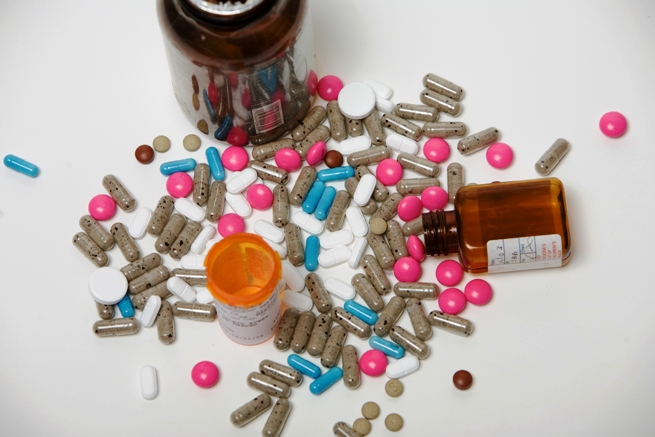How to Dispose of Medicines
 It’s a common question: How do I dispose of prescription drugs I no longer use or that have expired? What about over-the-counter (OTC) medications?
It’s a common question: How do I dispose of prescription drugs I no longer use or that have expired? What about over-the-counter (OTC) medications?
A growing environmental concern is the amount of drugs that are leaching into waterways. They are particularly harmful to wildlife, even to the point of causing mutations in fish. Scientists are finding that the rapid expansion of sewage systems in large urban areas has raised river pollution levels sharply due to inadequate sewage treatment and stormwater runoff.
So what can we as consumers do to dispose of drugs safely, in an environmentally conscious manner? For starters, you can check the U.S. Food & Drug Administration (FDA) website to see if your medication is on the “Flush List,” meaning it can be flushed down the toilet. If it isn’t, there are a few options:
- For Ocean Reef residents, an easy solution is to bag the medication and drop if off at the Medical Center. The Center has resources to safety dispose of medications.
- If you are up north you can check locally for “Drug Take Back Locations.”
- If your drug is not on the Flush List or you can’t find a convenient Drug Take Back Location, you can crush the pills and mix them into something unpalatable, like old coffee grounds, dirt or cat litter.
- Remember to remove or scratch out personal information on your prescription bottles or any custom medical device packaging before discarding.
Notice: Walgreens Changes Policy on Credit Cards
Walgreens has made a policy change for updating credit cards they keep on file for patients. This includes updating expired or replacement cards. Patients are now required to bring their physical credit card to Walgreens. Patients can have someone else bring in their credit card on their behalf, but it has to be the physical card — no copies.
